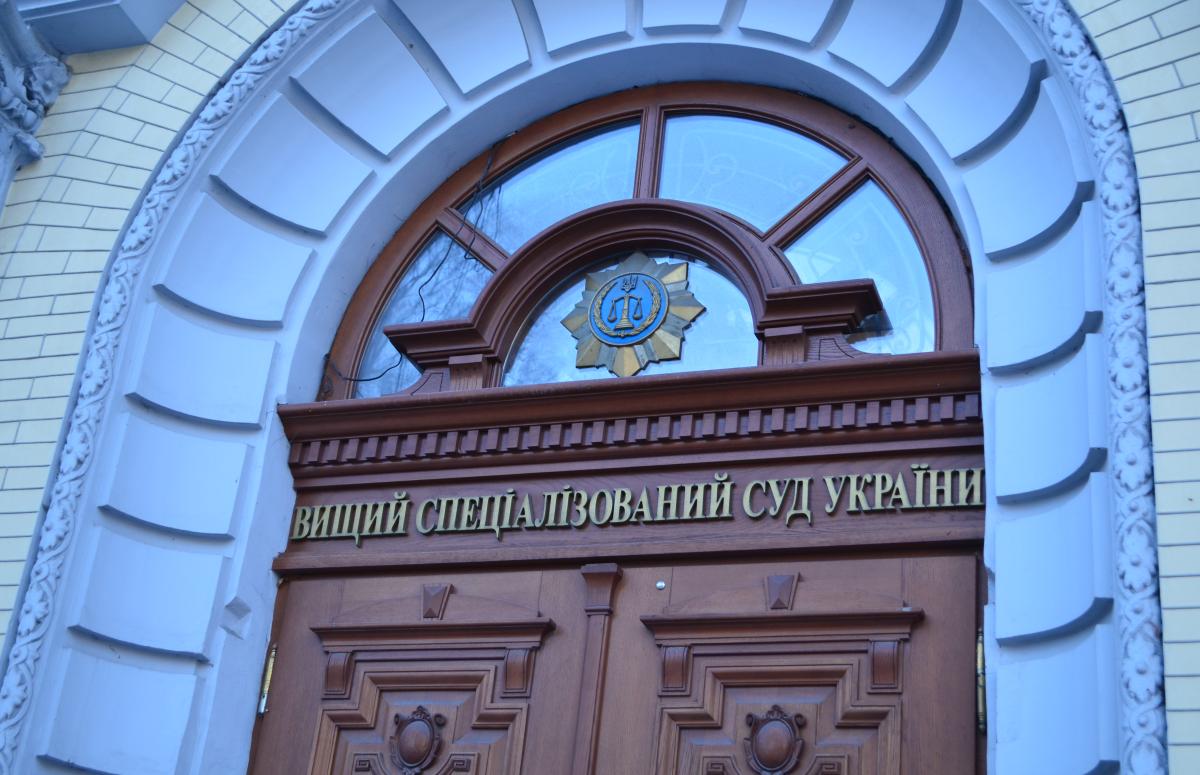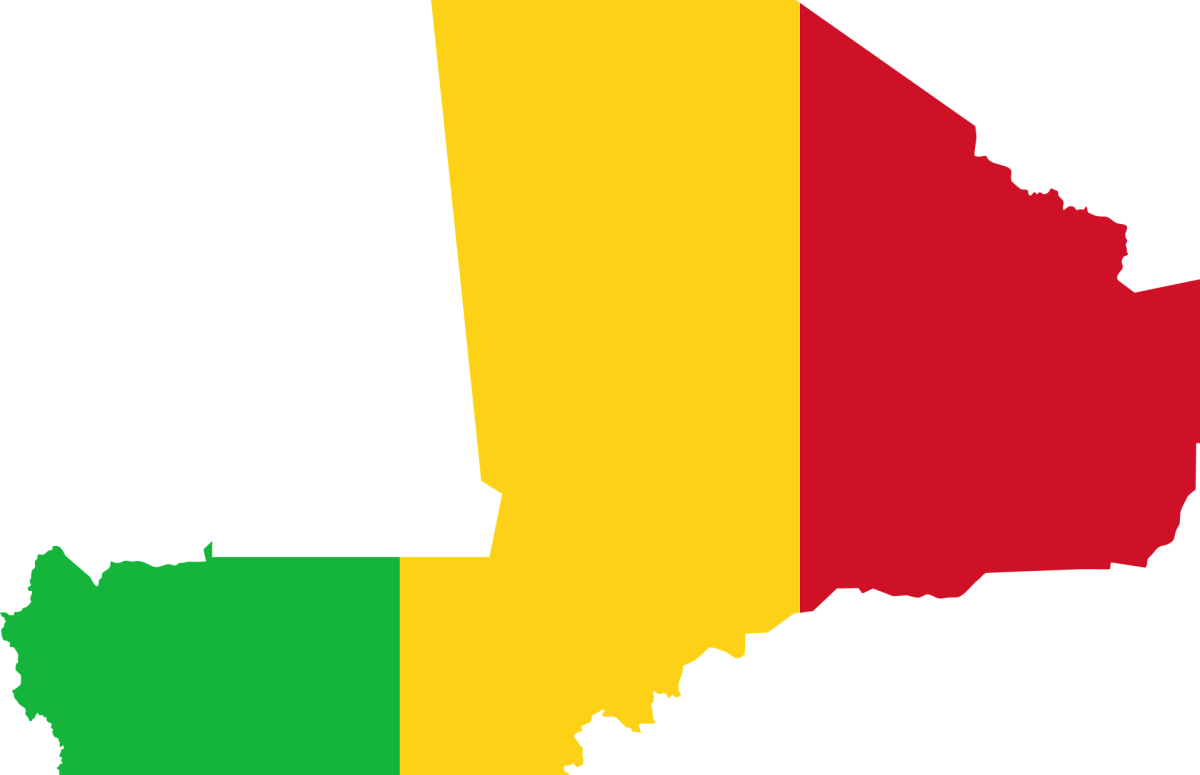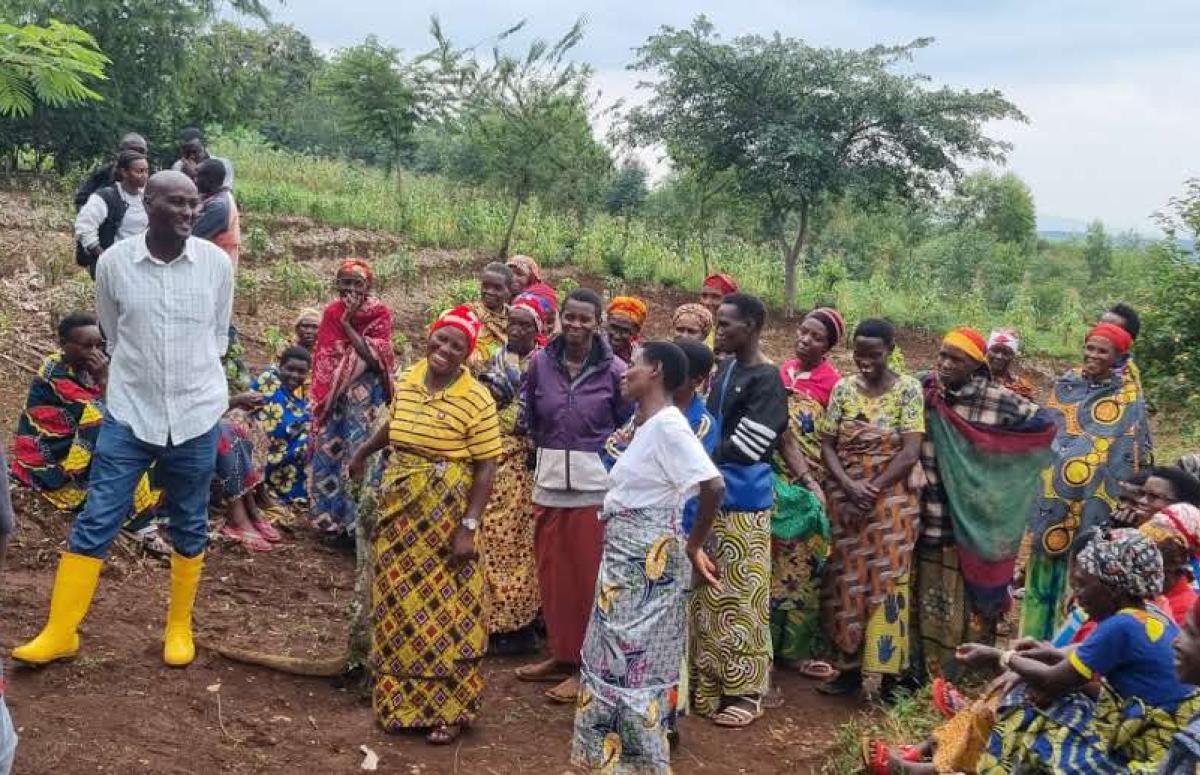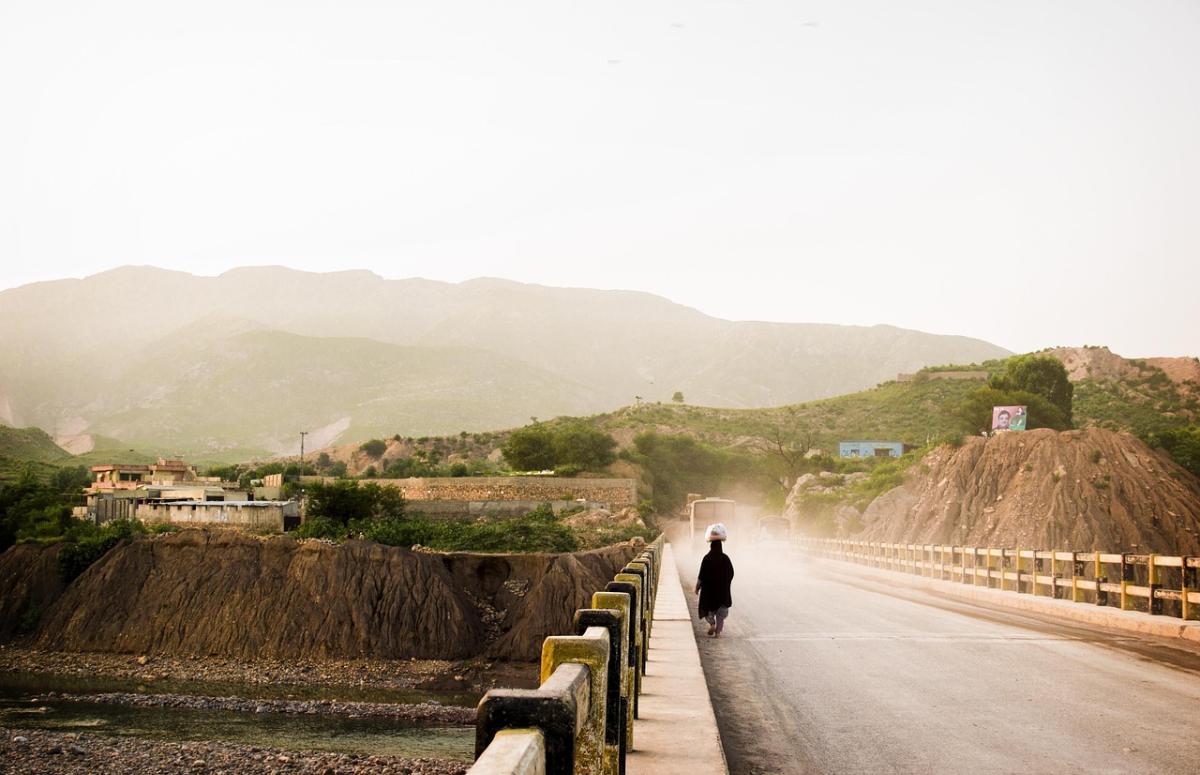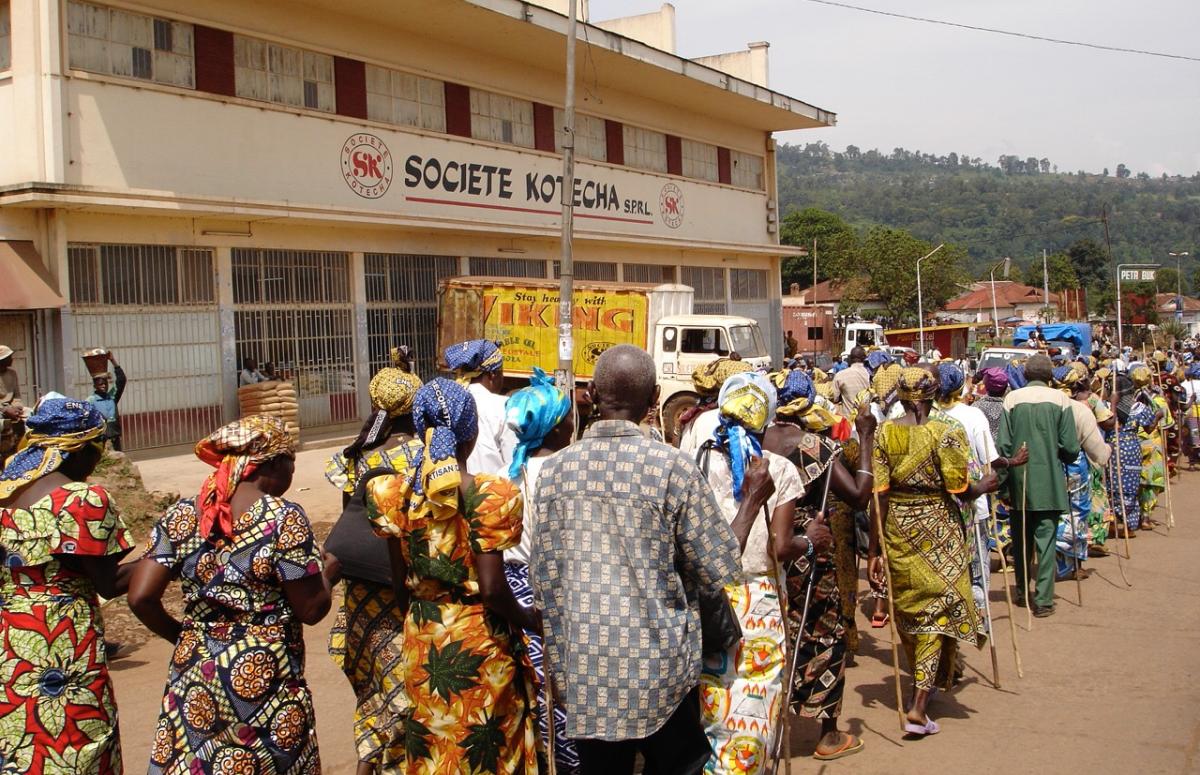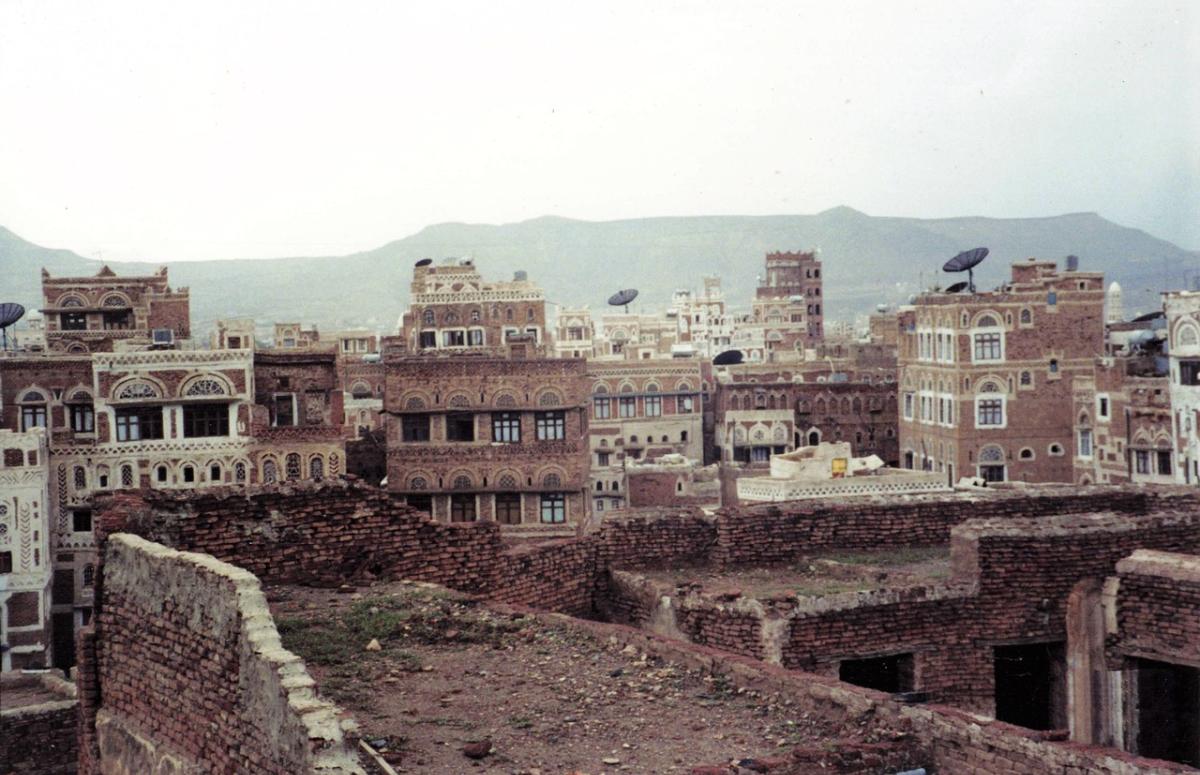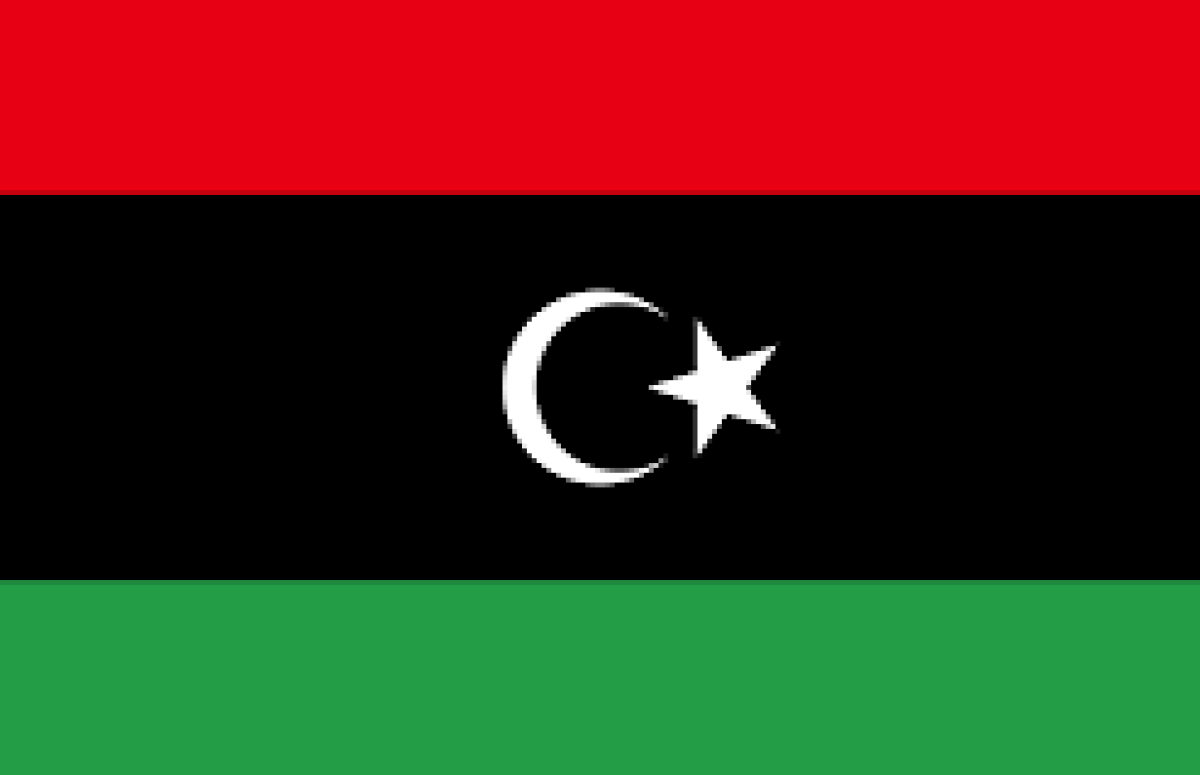Policy Practice Projects
We support positive change across low- and middle-income countries. We undertake political economy analysis, strategic and policy work, and operational research. We lead programme designs, reviews, and evaluations. We advise programmes and organisations how to ‘think and work politically’.
We also run a flagship training course on political economy analysis.
Afghanistan
Albania
Bangladesh
Benin
Bolivia
Brazil
Cameroon
Chad
Chile
Colombia
Ethiopia
Ghana
Guyana
Haiti
India
Indonesia
Kenya
Kyrgyzstan
Malawi
Malaysia
Mali
Montenegro
Morocco
Mozambique
Myanmar
Nepal
Nigeria
Pakistan
Philippines
Rwanda
Serbia
Sierra Leone
Somalia
South Africa
South Sudan
Tanzania
Timor-Leste
Tunisia
Uganda
Vietnam
Yemen
Zambia
Zimbabwe
Lebanon
Australia
Ukraine
Turkey
Peru
Switzerland
Niger
Saint Helena
Sri Lanka
Burundi
Libya
Andrii Biletskyi (TPP Associate) and Laure-Hélène Piron (TPP Director) are assessing the current state of judicial reforms in Ukraine in order to advise the UK Foreign, Commonwealth and Development Office.
Laure-Hélène Piron (TPP Director) is helping the Swiss Agency for Development Cooperation review their approach to decentralisation and local governance in Mali.
This bespoke workshop, run by TPP Director Neil McCulloch and Alex Duncan, was designed for the World Wildlife Fund (WWF) staff to gain a better understanding of Political Economy Analysis and how it might help them to identify the challenges arising from political economy features of the contexts in which they work.
Gareth Williams (TPP Director) led a political economy analysis of the coffee sector in Burundi for Swiss Development Cooperation as part of the preparation of its new public-private partnership with coffee trading companies.
TPP Principal Simon Brook led a combined climate, conflict, and security risk assessment in Pakistan for the UK Foreign, Commonwealth and Development Office.
Sam Gibson (TPP Associate) and Laure-Hélène Piron (TPP Director) are finalising a toolkit on women's political empowerment for the UK Foreign, Commonwealth and Development Office and the Westminster Foundation for Democracy.
The Policy Practice is supporting the Economic Team of the internationally-recognised government in Aden, Yemen, in developing an economic rescue plan for Yemen.
Laure-Hélène Piron (TPP Director) facilitated political economy workshops for the British Embassy in Libya to identify what more they could do to promote democratic governance.
The Policy Practice, led by Alina Rocha Menocal (TPP Principal) is undertaking a political economy analysis to help identify political decision-makers and determine routes to speed up the implementation of climate solutions by aligning with their politics, ideas, interests and incentives.

